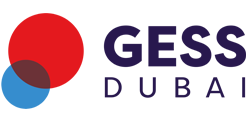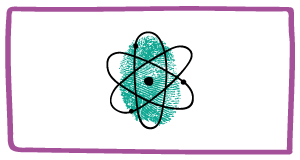Emirati enrolment in vocational schools is on the rise
Emirati enrolment in vocational schools has surged, signalling a positive change in the public’s perception of technical education.
"I don’t think there is a misconception about it any more," said Mubarak Al Shamsi, director general of the Abu Dhabi Centre for Technical and Vocational Education and Training (Actvet).
Funded and accredited by the Government, Actvet runs 31 applied technology high school campuses and secondary technical schools that teach pupils trade skills.
At secondary technical schools, pupils from grades 10 to 12 study core subjects such as mathematics, science, Arabic, English, information communications technology and citizenship. They also take elective vocational classes in either business, engineering maintenance, aviation maintenance, health sciences or creative media production.
Pupils graduate with a certificate and internationally recognised vocational qualifications.
"In normal high school they learn the theory, but here they apply it," said Jorge Pastoriza, who teaches biology in Ras Al Khaimah.
"When they graduate from our school, they are ready to work. They can also go to a university if they choose to get more specialisation, but they are ready to do technical work."
Actvet also runs 19 post-secondary institutions that offer advanced educational and vocational training courses.
Mr Al Shamsi said Actvet had about 2,500 Emirati students in 2005, and the number had risen to more than 15,000 presently.
In Al Ain, Actvet has opened a high-school campus this academic year and will open another in September, making room for 5,000 pupils.
"Most of our students in high school are sponsored by industry or by a university. So when they finish college, they end up with a job directly," said Mr Al Shamsi.
"Unfortunately, we cannot accommodate everybody because of the limited capacity, but we are building more facilities to accommodate more students."
He was speaking on the sidelines of the Technical and Vocational Education and Training (Tvet) Innovation Week, which launched on Tuesday with a forum in Abu Dhabi. At the forum, leaders from the public and private sectors discussed the future in a post-oil economy and economic diversification.
"When you do not diversify your economy, you end up with huge unemployment," said James Calleja, director of the European centre for the development of vocational training.
"The figures show that where Tvet is not strong, unemployment, particularly youth unemployment, is very high."
Mr Calleja said Tvet had helped to foster closer ties between the education sector and companies.
"Tvet is no longer the qualification for lower qualifications or for lower grades," he said.
"Tvet should have the same level of esteem as higher education. I need to embed Tvet in all learning systems, in as many qualifications as possible."
For Emirati students, vocational education and training opens up a world of opportunities, according to Samer Al Haira, vice president of public affairs at ZonesCorp, a major operator of industrial zones in the UAE, which accommodates more than 650 private factories.
Mr Al Haira said: "There are double this number of companies coming in the pipeline in the next few years, which means there will be thousands of jobs available for nationals if the nationals are willing and want to be trained in special skills, those skills that will help us not only find jobs but will help us be leaders in the industrial world.
"You can become a specialised person without holding a PhD."
rpennington@thenational.ae
http://www.thenational.ae/uae/education/emirati-enrolment-in-vocational-schools-is-on-the-rise







